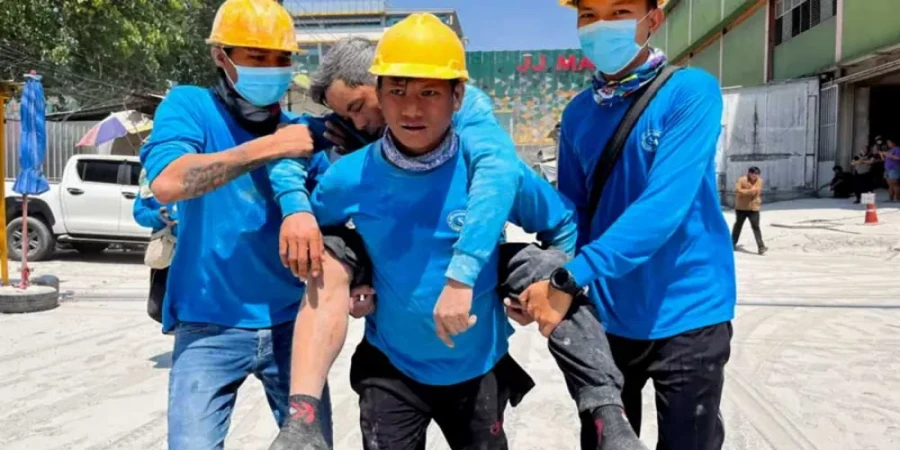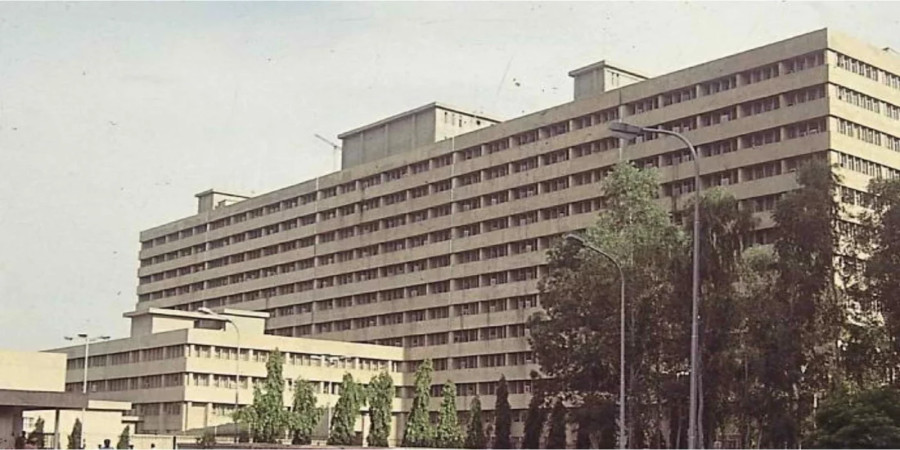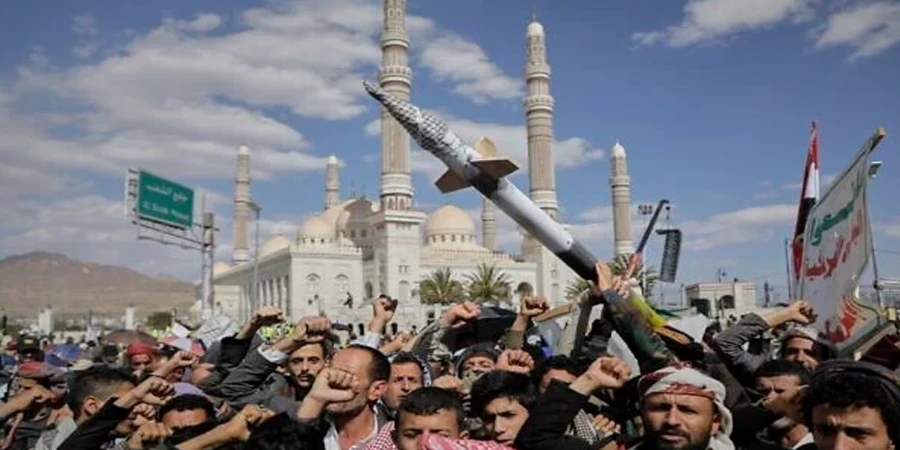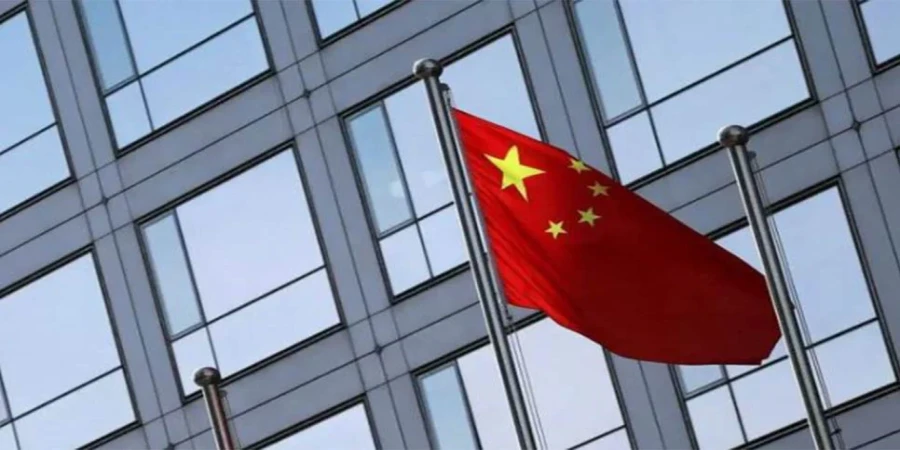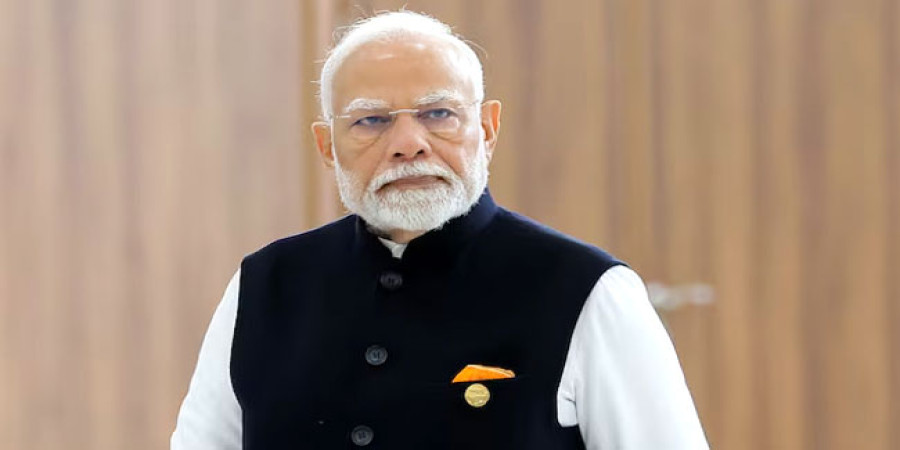
ছবি: Indian Prime Minister Narendra Modi - Photo: Reuters
India's ruling Bharatiya Janata Party (BJP) has alleged that the U.S. State Department is targeting the nation in collaboration with investigative journalists and opposition leader Rahul Gandhi. According to a Reuters report on Friday, BJP claims that these entities aim to destabilize India and weaken Prime Minister Narendra Modi's leadership.
This accusation has raised eyebrows, especially given the strong diplomatic ties cultivated between New Delhi and Washington over the past two decades. Despite occasional disagreements, both nations have vowed to strengthen their strategic partnership. However, BJP’s assertion has added an unexpected layer of tension to this relationship.
On Thursday, BJP accused Rahul Gandhi’s Congress party of exploiting articles from the Organized Crime and Corruption Reporting Project (OCCRP), which allegedly focused on the Adani Group, to harm Modi’s image. The party also claimed that OCCRP is closely linked with the U.S. government and has been used as a tool to undermine Modi’s leadership.
Last month, U.S. allegations implicated Adani Group chairman Gautam Adani and seven others in a bribery scheme involving a $265 billion project. Adani Group dismissed these accusations as baseless. Simultaneously, OCCRP released reports accusing the Indian government of using Pegasus spyware to target critics. Modi’s administration denied both sets of allegations.
Previously, BJP had alleged that Rahul Gandhi, OCCRP, and billionaire philanthropist George Soros were conspiring to tarnish Modi’s reputation. The party pointed to a French media report alleging that OCCRP receives funding from the U.S. Agency for International Development (USAID) and individuals linked to a "deep state" agenda, including Soros.
In a series of posts on the social media platform X, BJP accused the U.S. State Department of spearheading a covert campaign to destabilize India and its leadership. BJP spokesperson Sambit Patra reiterated these claims during a press conference, asserting that 50% of OCCRP's funding comes directly from the U.S. State Department. He described OCCRP as a media tool executing a "deep state agenda."
Despite these allegations, no immediate responses were provided by the U.S. State Department, USAID, George Soros, or Congress when approached for comment. The Indian Ministry of External Affairs also refrained from making a statement on the accusations against the U.S. government.
In response, OCCRP issued a statement denying any political affiliations. It emphasized its independence as a media outlet, stating that while the U.S. government provides some funding, it does not influence the editorial process or control its reporting.
The controversy surrounding Gautam Adani’s alleged involvement in corruption has placed BJP under scrutiny. Opposition leaders have accused Modi of protecting Adani Group. This issue led to repeated disruptions in India's Parliament last week, with opposition lawmakers demanding discussions.
BJP and Adani Group have consistently denied these allegations. However, the accusations and counterclaims continue to fuel political and diplomatic tensions, adding complexity to India’s domestic and international affairs.
repoter



